Navigating the ever-tangled web of real estate can often feel like you’re participating in an intense, high-stakes chess game—one where the board is constantly changing, and the pieces have minds of their own. With the allure of that “quintessential American dream” of homeownership, we sometimes forget that what glitters isn’t always gold. In some urban jungles, buying a home isn’t just an investment; it’s a potential financial pitfall waiting to ensnare the unsuspecting. So, before you sign on the dotted line, take a moment to consider the following U.S. cities where purchasing property might just be a regrettable misstep.
1. San Francisco, California

Welcome to the land of fog, steep hills, and sky-high property prices. San Francisco’s real estate market is notorious for its astronomical costs, making it one of the most challenging places to buy a home. According to a report by Zillow, the median home price here hovers around $1.3 million, which is enough to make any potential homeowner balk. Add to that the city’s notorious volatility, and you have a recipe for potential financial disaster.
The tech boom might have painted the city in faux-gold, but it’s also pushed housing prices to dizzying heights. You might find yourself struggling to balance a hefty mortgage with the high cost of living in general. While the city offers a vibrant culture and proximity to innovation, owning a home here might mean sacrificing financial security. It’s a gamble where the stakes are high, and not everyone walks away a winner.
2. Miami, Florida
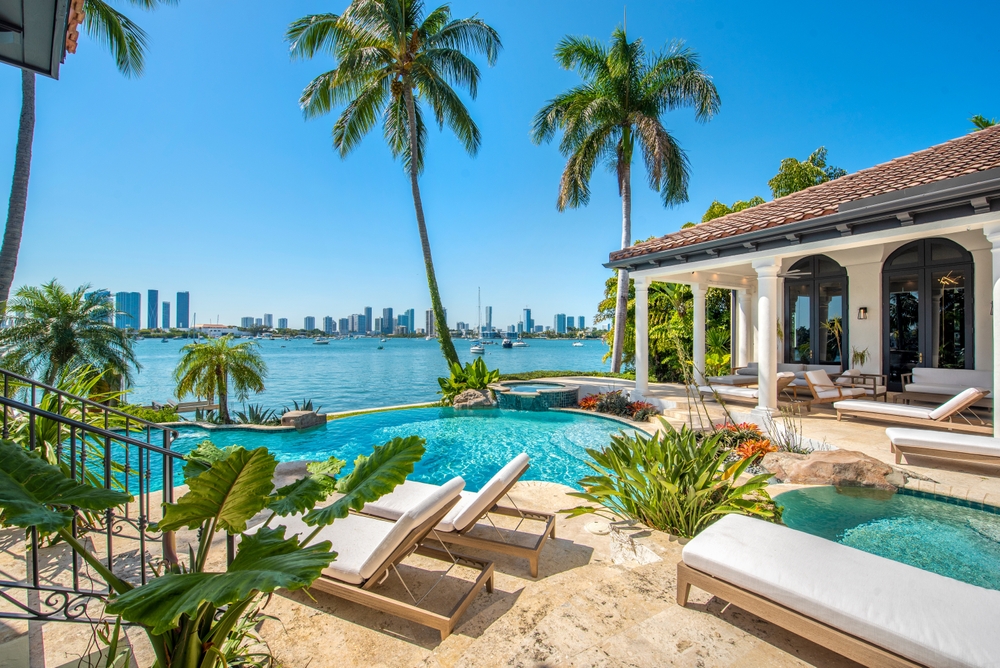
In Miami, the allure of ocean breezes and vibrant nightlife might tempt you into thinking that buying a home here is a slice of paradise. But beneath that glitzy exterior lies a labyrinthine real estate market prone to dramatic fluctuations. The weather might be perfect, but the financial climate is far from it. Rising sea levels and increased hurricane activity add a layer of uncertainty to any property investment in this city.
Furthermore, Miami’s dependency on tourism and the service industry has resulted in an economy that’s far from stable. Should these sectors face downturns, it could severely impact housing values. The city’s infrastructure is also infamously strained, which might lead to unexpected expenses post-purchase. As appealing as a beachfront property might sound, the financial tides here can turn on a dime.
3. Las Vegas, Nevada
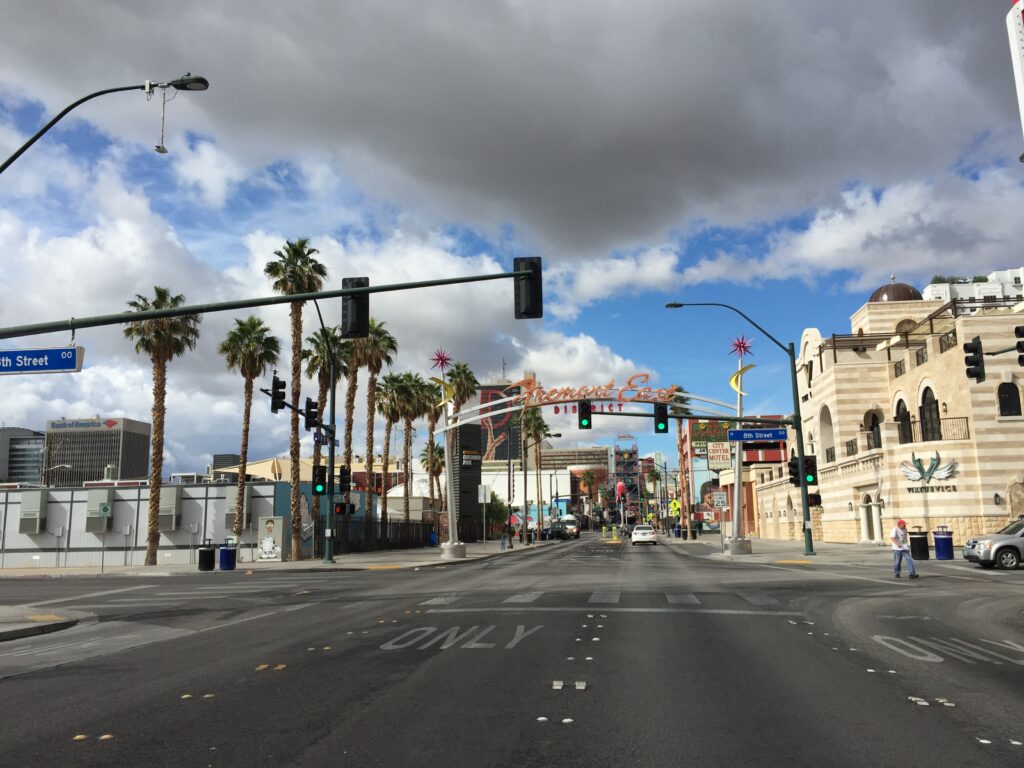
The glittering lights of Las Vegas might suggest a city of endless opportunities and excitement. However, when it comes to real estate, this city is a high-stakes gamble. According to a study by the University of Nevada, Las Vegas, housing prices have been erratic, with rapid increases followed by equally swift declines. The market here is as unpredictable as the outcome of a slot machine spin.
Las Vegas’s economy heavily relies on tourism and entertainment, making it susceptible to economic downturns. In the face of a recession, property values can nosedive, leaving homeowners in a precarious position. Even as the city continues to grow, infrastructure and public services lag behind, adding another layer of complexity to homeownership. The house always wins, but in Vegas, it might not be your house.
4. New York, New York
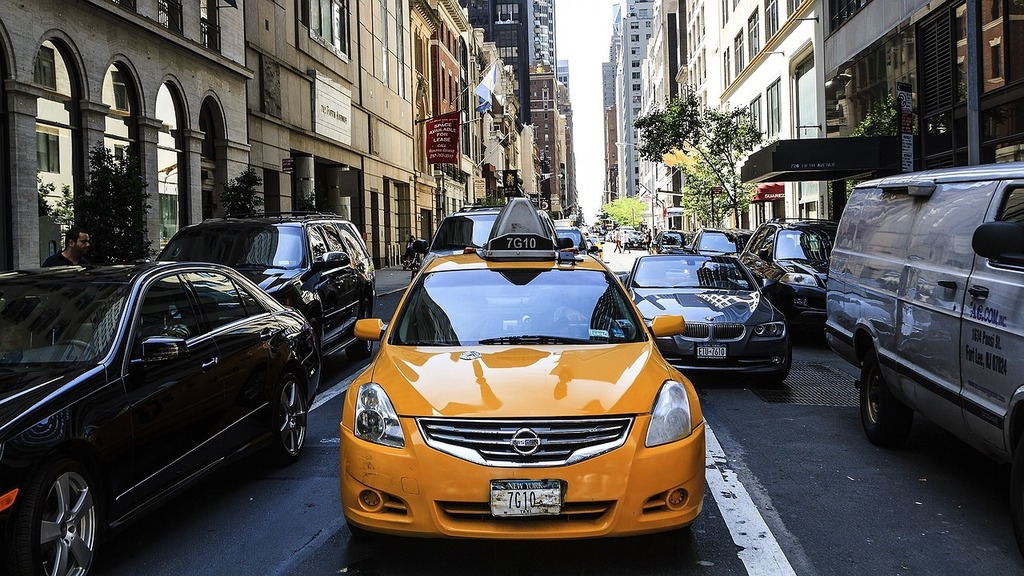
New York City—the city that never sleeps. But if you own property here, sleepless nights might be for entirely different reasons. Real estate prices in New York have always been steep, yet they continue to climb to jaw-dropping levels. The market’s competitive nature means that snagging a home often requires more than just deep pockets; it needs insider knowledge and a bit of luck.
As if the hefty price tag wasn’t enough, the cost of maintaining a property in New York is another financial hurdle. Taxes, repairs, and upkeep can eat away at your budget faster than you can say “Metropolitan Museum of Art.” Add to that the fluctuating rental market, and you’ll see why owning a home here might not be the golden goose you imagined. In the city that promises everything, sometimes less is more.
5. Honolulu, Hawaii

You might picture Honolulu as an idyllic paradise, but owning a home here can be more financially tumultuous than the Pacific Ocean’s waves. Property prices are sky-high, partly due to limited land and high demand. A report from the Hawaii Housing Finance and Development Corporation highlights the staggering costs, with median prices for single-family homes nearing $1 million. For many, the cost of paradise proves too steep a price to pay.
Aside from the initial purchase, the cost of living in Honolulu is one of the highest in the United States. Everything from groceries to utilities comes with a premium price tag. While the natural beauty and laid-back lifestyle are undeniable, the financial realities of homeownership on the island can be harsh. It might be better to enjoy a temporary stay rather than a permanent financial commitment.
6. Los Angeles, California
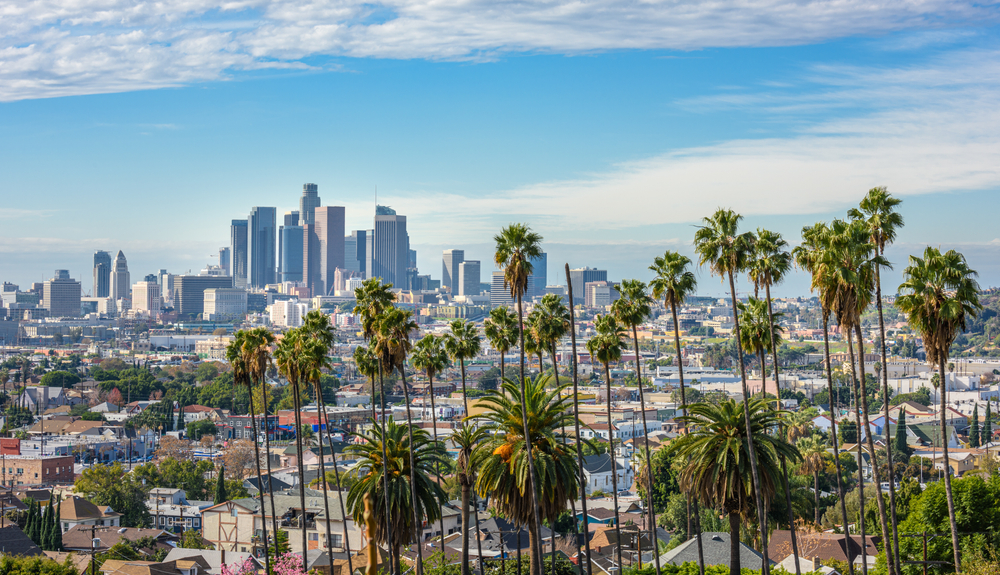
Los Angeles is a city of dreams, but when it comes to real estate, it’s also a city of financial nightmares. With its sprawling geography and diverse economy, property prices have soared, making it a challenging market for buyers. The appeal of Hollywood glitz doesn’t exactly help in tempering these costs. For those looking to plant roots here, it’s essential to weigh the financial burden carefully.
Despite the city’s allure, the traffic, smog, and high cost of living can quickly dampen the excitement of property ownership. Many find themselves house-poor, spending a disproportionate amount of their income on mortgage payments. Infrastructure issues and limited public transportation options add further complications. While LA might offer the star-studded lifestyle, it comes with a hefty financial price.
7. Austin, Texas

Austin has been dubbed the “Silicon Hills,” attracting tech talent and investors like a moth to a flame, but it comes with its own set of challenges. The housing market has been on a tear, with prices skyrocketing in recent years. Economist James Gaines from the Texas A&M Real Estate Center notes that the influx of new residents has significantly driven up home prices. With an economy that’s rapidly evolving, predictions about stability remain uncertain.
While the city’s music scene and cultural vibrancy make it an attractive spot, the rising cost of living could offset these benefits. Unchecked development has strained infrastructure and public services, making daily life more complicated for residents. Newer neighborhoods are often further from the city center, adding lengthy commutes to the list of woes. In Austin, the beat goes on, but the rhythm might be out of sync with financial realities.
8. Seattle, Washington

Seattle’s tech boom has transformed it from a sleepy Pacific Northwest city into a bustling urban powerhouse. But with the influx of tech dollars, the real estate market has become fiercely competitive and expensive. The median home price has soared, often leaving potential homeowners feeling priced out. The city’s allure of natural beauty and urban convenience comes at a considerable cost.
Unfortunately, the rapid growth has also led to a host of infrastructural issues that can be costly for homeowners. Traffic congestion, a lack of affordable housing, and rapidly rising living expenses add to the financial pressures of owning property here. Furthermore, the city’s notorious weather might not just dampen your spirits but your financial health as well. In Seattle, every silver lining seems to come with a cloud.
9. Boston, Massachusetts
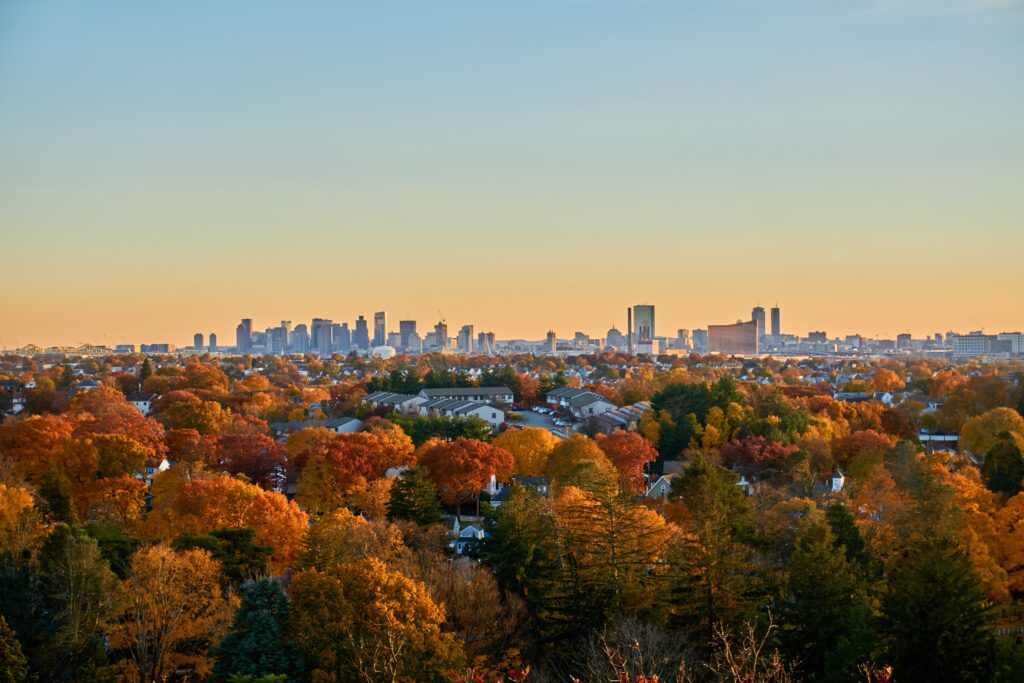
Boston, with its rich history and academic prestige, might seem like a charming place to settle down. But when it comes to real estate, the city’s storied past doesn’t translate into affordable living. Property prices have been on a steady incline, reflecting its status as a hub for education and innovation. The compact nature of the city limits housing availability, intensifying competition and driving costs up.
Moreover, the cost of maintaining a home in Boston is no small feat. High property taxes and the unpredictable New England weather can lead to unforeseen expenses. While the city’s cultural and educational opportunities are abundant, the financial strain of homeownership might outweigh these benefits. In Boston, the past is celebrated, but the future of homeownership may be more fraught.
10. Washington, D.C.
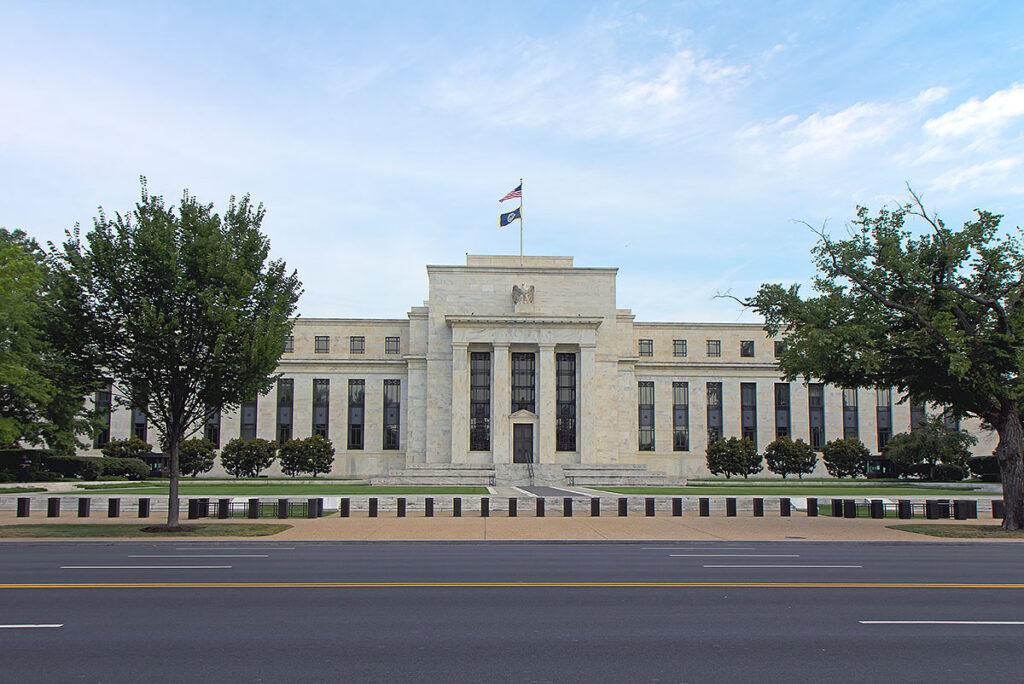
In Washington, D.C., the seat of power comes with a hefty price tag. The real estate market is as competitive as the political scene here, with high demand driving up home prices. The cost of living in the nation’s capital is steep, and property values reflect this reality. Buying a home in D.C. often means navigating a labyrinth of financial commitments and government-related complexities.
Furthermore, the region’s economy, while robust, is tied closely to government operations, which can introduce an element of unpredictability. Property taxes and home maintenance can add to the financial burden significantly. While the city offers unparalleled access to cultural and historical landmarks, the cost to live among them is anything but democratic. In D.C., you might find the price of proximity to power is too high to pay.
11. San Diego, California
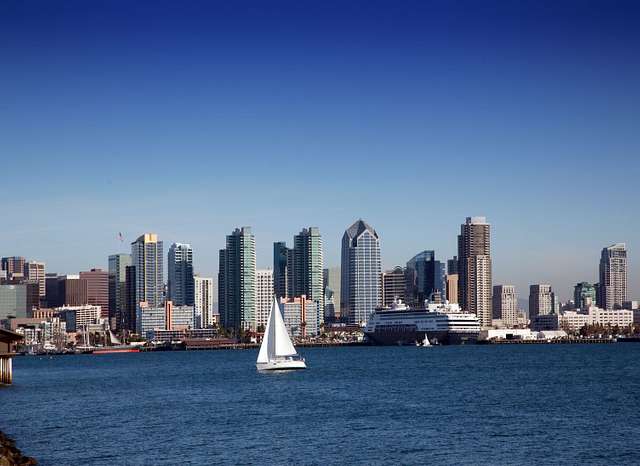
San Diego promises sunshine and surf, yet it also delivers one of the most challenging real estate markets in California. Home prices are steep, driven by high demand and limited availability. The cost of living in this coastal city is similarly inflated, often leaving new homeowners financially stretched. While the climate is enviable, the financial landscape might not be as idyllic.
In addition to high purchase prices, property taxes and insurance can also take a significant chunk out of your budget. The city’s infrastructure struggles to keep pace with its growth, adding another layer of complexity to living here. While San Diego’s beaches and lifestyle might seem worth the cost, the financial undertow can be powerful. In this Californian paradise, the true cost of living might be more than you bargained for.
12. Denver, Colorado

Denver’s mile-high allure has attracted a rush of new residents, but with them, a surge in home prices. The real estate market here has experienced rapid appreciation, making it increasingly difficult for newcomers to find affordable housing. The influx has strained resources and infrastructure, leading to rising costs in various aspects of daily life. Denver’s picturesque vistas might captivate your heart, but owning a home here could weigh heavily on your wallet.
The elevated cost of living, including high taxes and utilities, further complicates the financial picture. While the city offers abundant outdoor activities and a vibrant culture, these benefits come with a steep price. The unpredictable weather and potential for natural disasters add additional concerns for homeowners. In Denver, the air may be thin, but the real estate market is anything but light.
13. Portland, Oregon
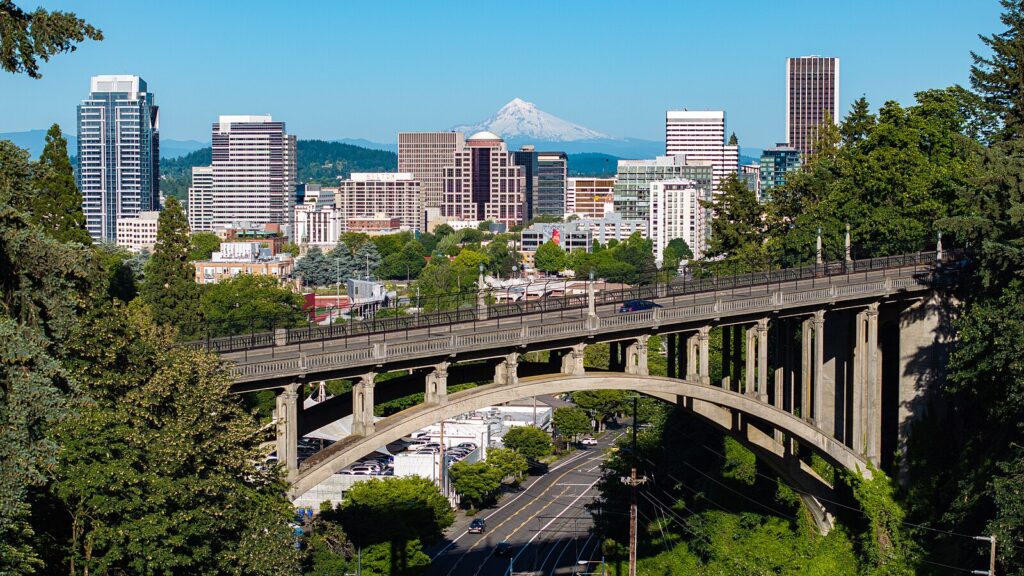
Portland’s quirky charm and lush surroundings have made it a desirable spot for many, but homeownership here comes at a cost. The city has seen a surge in housing prices, driven by an influx of new residents drawn to its unique culture. The competitive market can make finding an affordable home a daunting task. While Portland’s laid-back vibe might appeal, the financial pressures of buying a home here are anything but relaxed.
Aside from purchase prices, the cost of living in Portland is on the rise, with utilities and taxes adding to the burden. Infrastructure challenges and a lack of affordable housing options exacerbate the problem, leaving many house-hunters frustrated. While the city’s creative spirit and scenic beauty are attractive, the financial realities of homeownership can be sobering. In Portland, the dream of owning a home might feel like a distant mirage.
This article is for informational purposes only and should not be construed as financial advice. Consult a financial professional before making investment or other financial decisions. The author and publisher make no warranties of any kind.









